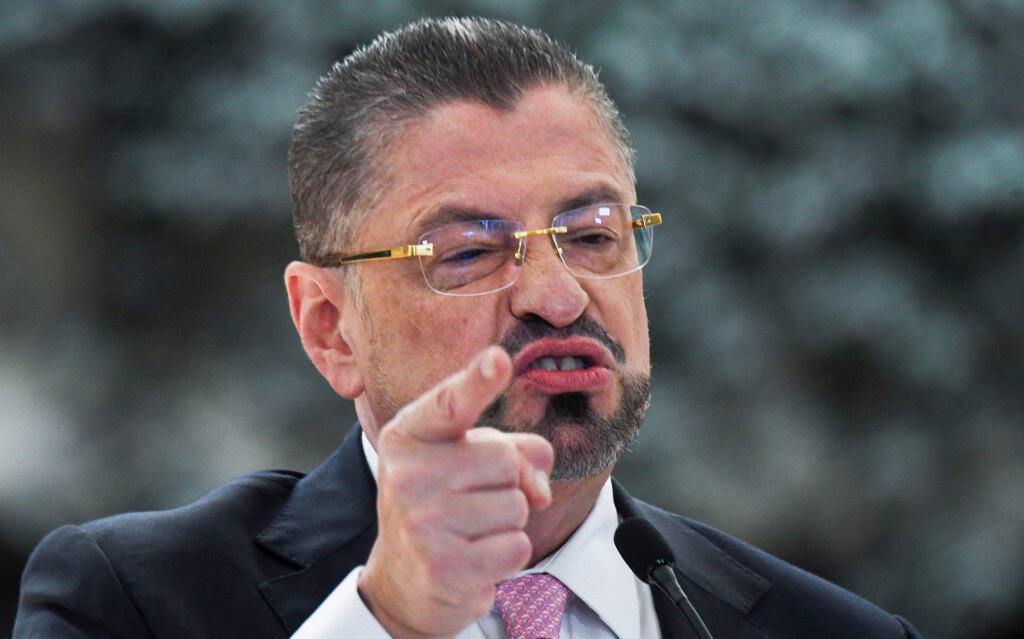Costa Rica’s electoral tribunal has stepped up pressure on President Rodrigo Chaves by asking lawmakers to strip his immunity over claims of political interference in the ongoing election campaign. The move comes just two weeks after Chaves dodged a similar push from the Supreme Court tied to corruption charges.
The Supreme Electoral Tribunal (TSE) made the request on Tuesday, citing a bundle of complaints that point to the president’s alleged “political belligerence.” This term refers to public officials using their positions or state resources to sway elections in favor of specific parties or candidates, which breaks Costa Rica’s rules on neutrality during campaigns.
According to the TSE’s statement, its specialized section reviewed 15 out of 24 pending complaints against Chaves and decided they merit further action. These complaints came from a mix of political figures, including leaders from the National Liberation Party (PLN) like Ricardo Sancho Chavarría, Action Citizen Party (PAC) members such as José Fabián Solano Fernández and Gonzalo Gerardo Coto Fernández, independent lawmaker Johana Obando Bonilla, and others like Claudio Alberto Alpízar Otoya and Óscar Aguilar Bulgarelli.
The tribunal’s panel, led by Luis Diego Brenes Villalobos alongside Mary Anne Mannix Arnold and Wendy de los Ángeles González Araya, voted unanimously on October 3 to seek the immunity lift. They argue that Chaves’s role as president requires this step under the electoral code before any formal sanctions can proceed. If approved, it could lead to penalties like a two-to-four-year ban from public office or even removal from his post.
This isn’t Chaves’s first brush with such proceedings. In September, Congress turned down a request from prosecutors, backed by the Supreme Court, to remove his immunity for alleged abuse of power. That case involved claims that Chaves pressured a video production company, hired with funds from the Central American Bank for Economic Integration (BCIE), to funnel $32,000 to his former image advisor, Federico Cruz.
Lawmakers needed 38 votes to approve the lift but only got 34, with 21 against and two absent. It marked the first time a sitting Costa Rican president faced this kind of challenge in our country’s long democratic history.
Chaves, who took office in 2022 and faces elections next year, has pushed back against these efforts. He has called previous probes a form of political persecution aimed at undermining his government. The TSE’s latest action adds to tensions, especially after it recently ordered him to halt weekly press conferences and limit announcements to social media to avoid any hint of electoral bias.
Lawmakers will now form a commission to review the TSE’s request before a full vote in the assembly. A simple majority could send it to the plenary, where the same 38-vote threshold applies. If they approve, the TSE could then open full proceedings against Chaves.
This development highlights ongoing clashes between Chaves’s administration and key institutions. As Costa Rica heads into municipal elections in February, the focus on neutrality underscores our country’s commitment to fair processes. For now, President Chaves remains in office, but the repeated challenges signal a rocky path ahead.






